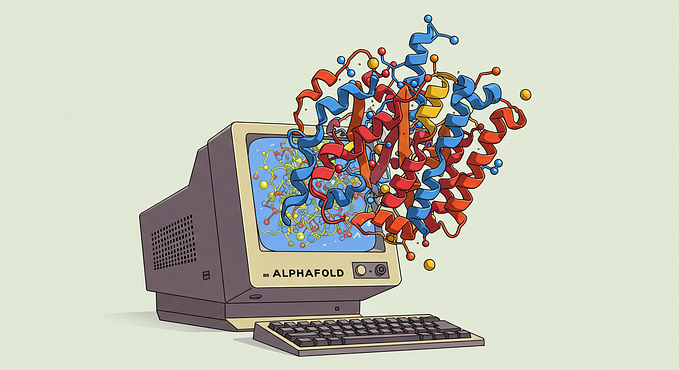Member-only story
AI in education: a savior or a threat?
Are threats to global education driven by AI or human factors?
As Artificial Intelligence (AI) continues to gain ground in education, the question arises: is AI the hero we’re looking for, or does it pose a potential threat to the future of learning?
It’s a captivating subject, given the paramount importance of education throughout human life, from the cradle to the grave. Interestingly, a multitude of articles, videos, and workshops have delved into this topic, with discussions going back even several years before AI became a buzzword, particularly gaining prominence in the wake of the COVID-19 pandemic.
AI’s Historical Roots

Beneath this exploration lies a significant truth that AI’s origins trace back to as early as 1950 when the eminent British mathematician, logician, and computer scientist Alan Turing came into existence. Turing is credited for his revolutionary achievements, which opened the door to contemporary computing and artificial intelligence.
The fundamental component of the Turing Test is an “imitation game” in which a human judge converses with both a fellow human and an unidentified machine. If indistinguishable responses win, it can be concluded that the computer can mimic intelligence on par with that of humans.
Alan Turing’s pioneering work laid the groundwork for AI research, raising important questions about machine intelligence, cognitive processes, and the latent potential of machines to mirror human-like thought patterns. Although his paper initially introduced the Turing Test, it delves further into the deep philosophical implications of machine intelligence, thereby sparking contemplation about the essence of consciousness, creativity, and the capacity for machine learning. The Turing Test story was even adapted into a film in 2014 starring Benedict Cumberbatch.
Turing goes beyond mere enigmas, embodying the spirit of an AI philosopher, exploring the question of machines imitating human cognitive abilities. The Turing test is not just a parlor trick, but a…









